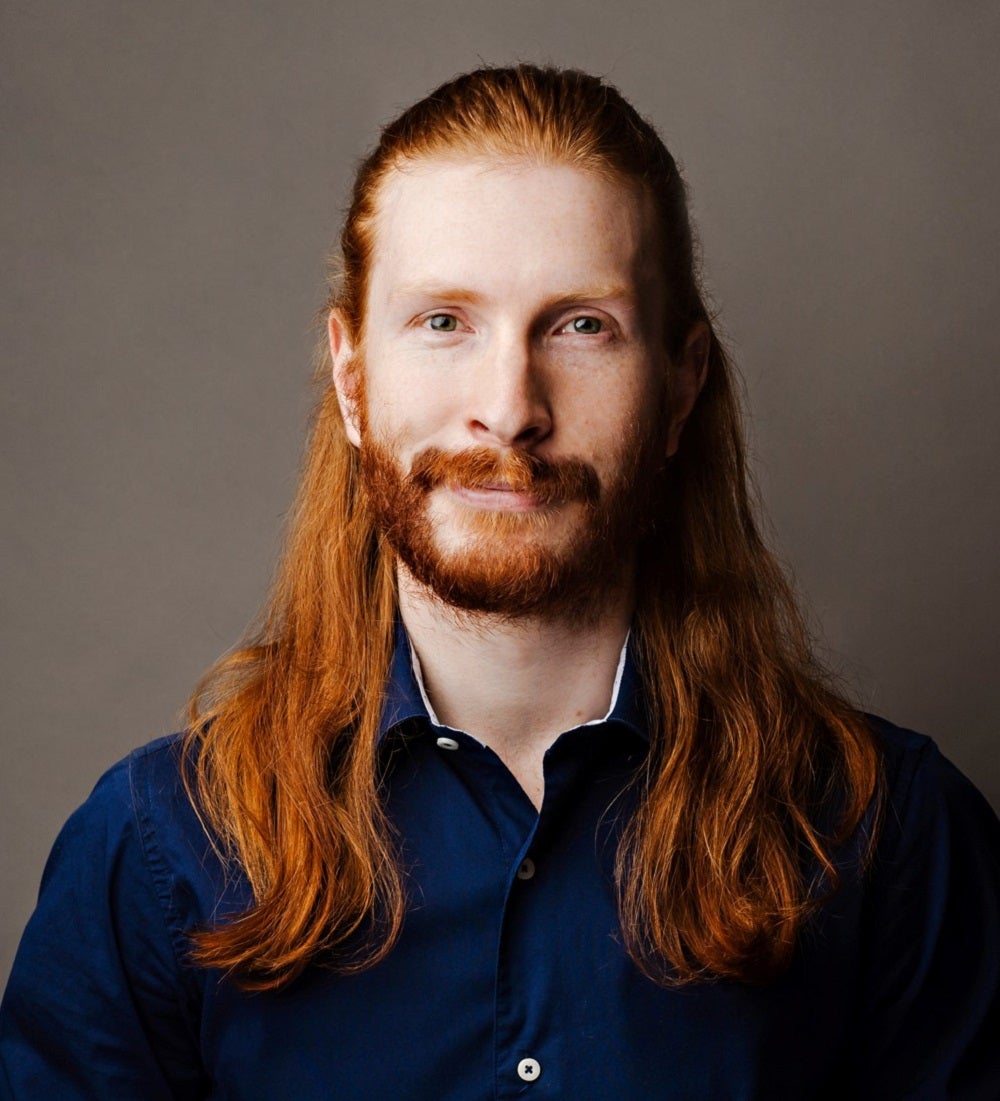Benjamin Ecclestone, a PhD candidate in Systems Design Engineering (SYDE), won a Vanier Canada Graduate Scholarship with $50,000 in annual support for three years. This prestigious federal funding will help advance his research project, “label-free histological imaging for immediate cancer diagnosis”.

Ecclestone, who is supervised by Dr. Parsin Haji Reza, came to the University of Waterloo to do his master’s degree in 2020 and, a year into his work, upgraded to a PhD when he realized the ambitious scope of the project he is part of.
His research involves a new way of imaging human tissue by observing how light from lasers interacts with it, enabling doctors to “see” diseases such as cancer without the need for stains, dyes or other processing.
Benjamin Ecclestone, SYDE PhD candidate
“In a clinical setting, this would allow for instantaneous cancer diagnosis instead of the current days to weeks-long process,” Ecclestone said.
He considers the Vanier award a sign that others recognize the potential of the technology and hopes to work with industry partners soon to deploy it in clinical settings.
The Vanier scholarship program was created by the federal government in 2008 to help Canadian institutions attract and retain highly qualified doctoral students. Ecclestone is one of six 2022 winners campus-wide at Waterloo.
For the full list of Waterloo's Vanier Scholarship winners, visit Latest Vanier Graduate Scholarships and Banting Postdoctoral Fellowships announced at Waterloo.